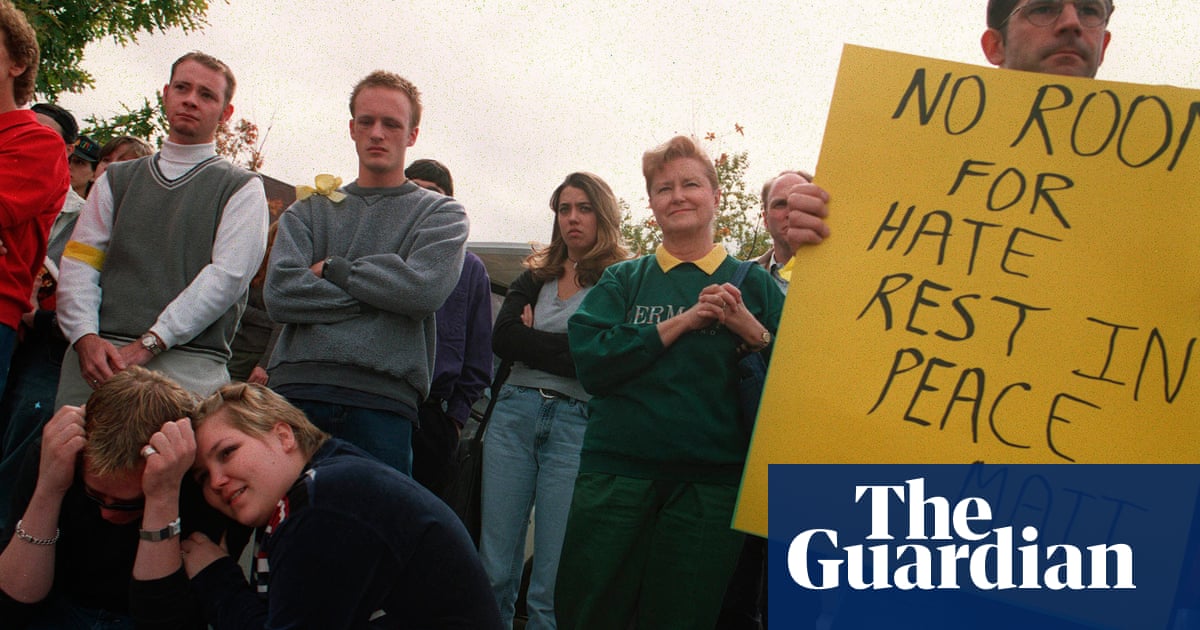
Several members detained on charges of inciting deadly religious riots in Delhi
NEW DELHI: A prominent group established three years ago to fight incidents of hate and prejudice against the Muslim minority community in India said on Monday that it is “gasping for breath” after officials detained some of its founding members under the country’s draconian terror law.
The authorities have accused the United Against Hate (UAH) group of inciting religious riots in New Delhi in February this year.
“The platform which has been fighting against religious and communal hate in society has become a victim of hate itself,” Nadeem Khan, 35, one of the founding members of UAH, told Arab News.
“With the detention of some of our founding members and the questioning of a large number of youths, there is a strong sense of fear among people who are part of such a platform,” he said.
Founded in 2017, when incidents of alleged hate crimes against Muslims – on the pretext of selling or consuming beef – were on the rise, the UAH was one of the few nonpolitical groups which played a significant role in mobilizing the masses against the controversial Citizenship Amendment Act (CAA) which became law in December last year.
While the CAA guarantees citizenship for minority Hindu, Sikh, Jain, Parsi, and Buddhist communities from neighboring Pakistan, Bangladesh, and Afghanistan, it excludes Muslims.
The CAA is part of the proposed National Register of Citizens (NRC), an exercise aimed at identifying “genuine citizens” of India.
However, many Indians, and not only Muslims, feel that the CAA is discriminatory as any non-Muslim who does not find a mention in the NRC can seek recourse under the citizenship law.
Muslims, on the other hand, would become stateless.
“People, mostly Muslims, across India came on the streets against the CAA, and the UAH was just an agency for creating awareness. But the Indian government did not like the political mobilization of Muslim masses,” Khan said.
Protests against the CAA, which began in late December, surged for months, resulting in the leaders of the ruling Bhartiya Janata Party (BJP) launching a counter-campaign.
The heightened communal tensions led to religious violence in the Indian capital toward the end of February, in which more than 50 people, mostly Muslims, died.
“It was a peaceful and democratic protest against the discriminatory policy of the government. This was our right to protest. But the government is now calling our protest sedition and arrested some of our founding members,” said Khan, who has been questioned by Delhi police in connection with the February riots after being named in the charge sheet.
Other UAH members who felt “the need to respond to such hate crimes through a social platform” include 28-year-old Umar Khalid and 36-year-old Khalid Saifi.
They have since been arrested.
“What was the crime of my husband? When has serving people and fighting for unity and secularism of the country become a crime in this nation?” said Khalid Saifi’s wife, Nargis.
Saifi was detained in February for “inciting religious violence” in New Delhi while Khalid was arrested on September 16 and faces multiple charges.
“This is nothing but an attempt to break the spirit of the people, particularly Muslims, and tell the community that they can live in India like ordinary citizens without raising their political voice,” said Nargis, a mother of three.
More than 600 people have been detained in the Delhi riots’ cases, the majority of them Muslims.
Several rights groups, including Amnesty International, have voiced concerns over the large-scale detentions of activists and students for protesting against the CAA and blamed the BJP government for “crushing democratic dissent.”
On Monday, the president of India’s main opposition Congress party, Sonia Gandhi, attacked the government for stifling protesting voices that it brands as “terrorism” and “anti-national activity.”
“The fundamental right to freedom of expression has been systematically suspended through suppression and intimidation. Dissent is deliberately stifled as terrorism or branded as an anti-national activity,” Gandhi said in an opinion piece published in the leading English daily, the Hindustan Times.
“The Narendra Modi government and the ruling BJP conjure up sinister conspiracies behind every political protest, indeed behind any and everything they see as opposition to them. India’s hard-won democracy is being hollowed out.”
Renowned author and activist Arundhati Roy agrees.
“It is really beyond humiliating to live in this atmosphere where people are funneled and marinated in this hatred. Today, you have a country whose economy is in shreds. People are hungry; people don’t have jobs. Everything is coming apart. But we are held together by a pipeline of hatred, which is funneled by the mainstream media,” she said during a press conference in New Delhi on Thursday.
The BJP denies promoting “hate.”
“We are fighting against hate. We don’t promote an ideology of hate. We can claim to represent India’s real intellectual legacy of Vasudhaiva Kutumbakam (the world is one family),” BJP spokesperson Sudesh Verma said.
He described Gandhi’s article as a piece “written in pangs” as the Congress party’s “ecosystem is collapsing.”
“People are leaving the party. And there is no reprieve for the Gandhi family because the BJP is going to be in power for many more years. We can understand the pangs of the Congress chief,” he said.
Political experts, however, say that the broader aim of the governing party is to “disempower people and make them subjects,” who cannot act independently.
“My understanding is that the criminalization of organizations like UAH is the first step towards disempowering all Indians and turning them into subjects who don’t have their agency of their own,” said analyst Professor Apoorvanand Jha, of Delhi University.












